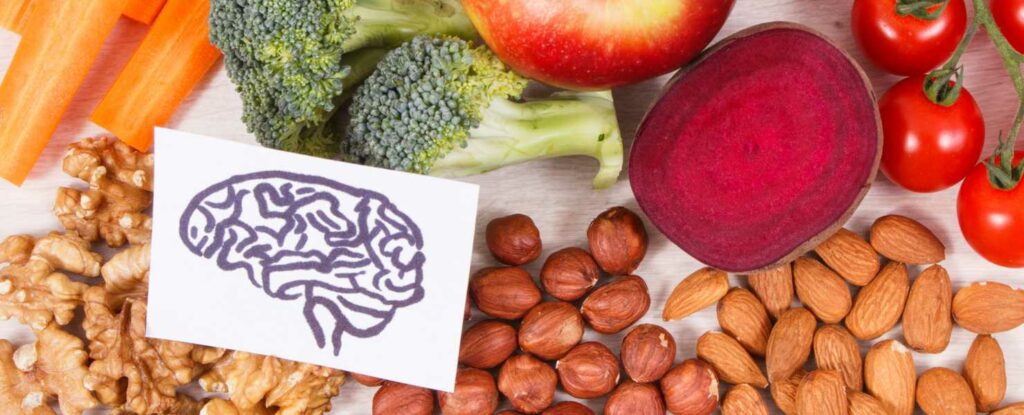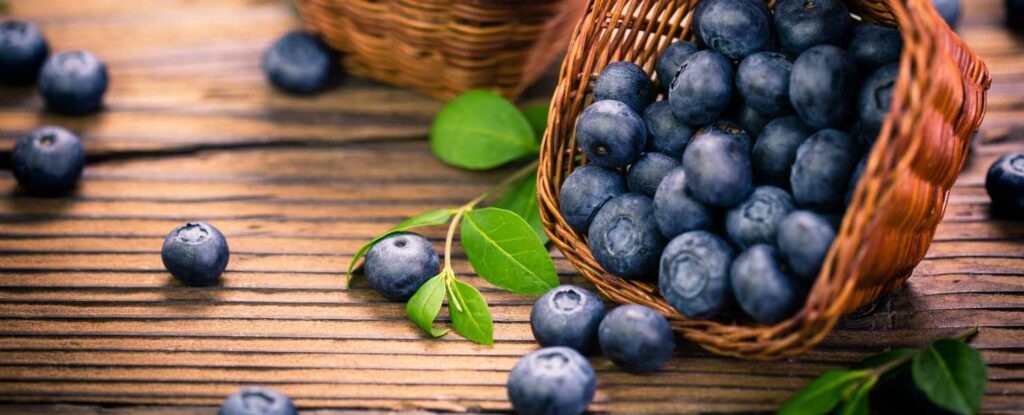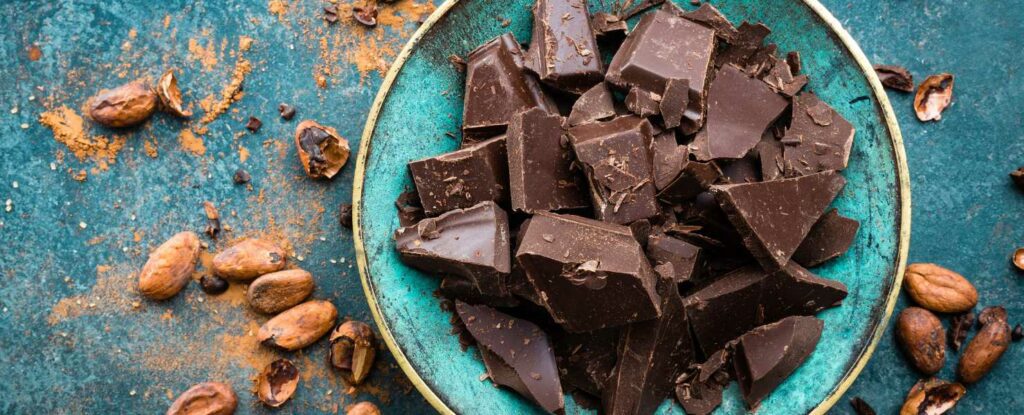When you reach your eighties, eating a healthy diet is vital for your health, particularly for your aging brain. Adequate nutrition can prevent chronic diseases and osteoporosis, which leads to debilitating bone fractures. Although your nutritional needs do not necessarily change at this time in your life, you will notice changes in your energy level and your appetite.
A decreased appetite is a result of normal changes within your body as your age. During your eighties, you become less active than when you were younger. Your metabolism slows. Changes in hormone and cytokine levels result in a reduction of lean body mass. As well as keeping up with the general nutritional needs that you had in your seventies, your diet during this time of life should focus on maintaining healthy brain functions.
The Ins and Outs of Your Brain
In combination with the spinal cord, the brain comprises the central nervous system, which controls every thought and feeling we have, along with everything we do. The brain has two types of tissue – white matter and grey matter. There are significant differences between the two types of tissue.
Grey matter is made up of densely packed neuron cells that contain specialized brain regions, which control muscles, memory, hearing, sight, speech, and emotions. White matter is located between the cerebellum and the brain stem and contains neuronal tissue.
Cells within white matter assist with the relay of sensory information from the body to the cerebral cortex (the part of the brain that contains grey matter) and also regulate heart rate, blood pressure, and body temperature. Some of the cells in white matter are also responsible for emotions, hormone release, and regulating the intake of food and water. Eating properly to protect your aging brain is incredibly important.
Your Aging Brain



You rely on your brain for many aspects of your life, such as planning, organizing, remembering, making decisions, and much more. Being able to use these cognitive abilities affects your day-to-day activities and allows you to live an independent life.
As you age, some changes in the way your brain functions are quite common. For example, it may take you a little longer to remember names or to find particular words, you may notice that you struggle with multitasking more than you used to, or you may notice that it’s sometimes harder for you to focus your attention on something.
However, aging can also bring positive cognitive changes. For example, as you mature you develop a wider range of knowledge, you also have a more extensive vocabulary than when you were younger. And that’s not all, you also have the benefits that come from a lifetime of experiences and learning. Despite your age, you can still form new memories, learn new skills, and learn new words. An aging brain has many positive qualities and eating to maintain those qualities is key.
Food for Thought
You may not realize it, but your diet directly affects the cognitive functions of your aging brain. For example, foods that have a low glycemic index, such as legumes and cereals, can improve your memory and attention. Whereas foods that are high in simple sugars, such as fruits and dairy products, can make it difficult to concentrate.
Modifying your diet with foods that are beneficial for your brain functions can help you maintain healthy cognitive functions as you age. Here is a rundown on some of the top foods to help keep your brain functions in tip-top condition.
Fatty Fish



Fatty fish such as sardines, Atlantic herring, albacore tuna, mussels, trout, and wild salmon are rich in omega-3 fatty acids. Around 60% of your brain tissue is made up of fat and half of that fat is comprised of omega-3 fatty acids.
Your brain uses omega-3s to create new brain and nerve cells. And that’s not all, omega-3 fatty acids can also help to stave off degenerative disease such as dementia and Alzheimer’s disease and to reduce your risk of depression. These beneficial fatty acids can also boost your brain’s grey matter, helping to improve your mood, memory, and decision-making.
Eggs



Eggs are important for the health of an aging brain because they are rich in folate, choline, and vitamins B-6 and B-12. Your body uses choline to produce a neurotransmitter known as acetylcholine, which helps to regulate your memory and your mood. Increasing choline in your diet may improve your mental functions and your memory.
B vitamins are important because they reduce mental decline that sometimes comes with aging. They can also reduce your risk of depression. Avoiding a folate deficiency can help you stave off dementia.
Blueberries



Blueberries not only taste delicious, but they are also good for your aging brain. This is mainly due to their anthocyanin content. These blue pigments have antioxidant and anti-inflammatory effects. This means that they protect your brain from neurodegenerative diseases.
The antioxidants in blueberries can also help to improve the communication between neurons in your brain. Blueberries may also improve your memory and delay age-related memory loss.
Dark Chocolate



Indulging in dark chocolate now and again can boost your brainpower thanks to its flavonoid and antioxidant content. These compounds may not only enhance your memory but also increase your learning power.
Dark chocolate may also help to slow down and reduce the effects of age-related mental decline. It also helps increase the flow of blood to your brain, which improves memory and puts you in a good mood.
Nuts



Nuts come in many varieties, and all of them are good for an aging brain, particularly walnuts. Nuts can not only improve your cognitive functions, but they can also prevent neurodegenerative diseases such as dementia and Alzheimer’s.
There are several nutrients in nuts that are beneficial for the brain including vitamin E, omega-3 fatty acids, and antioxidants. These support healthy brain tissue by reducing free radical damage, reduce inflammation, and improve memory.
Oranges



Oranges are packed with vitamin C. In fact, you can your daily intake of vitamin C by eating just one medium-sized orange. This is great for your brain health because vitamin C protects you from age-related cognitive decline as well as dementia and Alzheimer’s disease.
Drinking orange juice daily can also help. As well as vitamin C, orange juice is also rich in flavonoids like naringenin and hesperidin, which help to maintain healthy brain cells. They may also reduce inflammation and improve blood flow an aging brain.
Energizing Your Aging Brain
Although much more extensive research is needed it’s worth bearing in mind the relationship between your brain and your diet. Having a balanced diet is essential for overall health, particularly as you age. Adding nutrients that can boost your brain health is even more beneficial as you move into your eighties. If you feel that you are not getting all the nutrients you need from your diet, you may want to talk to your doctor about taking a nutritional supplement.








2 thoughts on “Eating for Your Age – Energizing Your Aging Brain in your 80s”
What a about a 90 year old? My Mom is getting worse all the time! Would it help her get a little relief fromvforgetfulness?
First off, congrats to your mom for making it to her 90s! Some of these food can definitely help your mom out when it comes to maintaining, but there is unfortunately no sure fire way to stop cognitive decline and certainly not to reverse it. There have recently been some developments that show that “flavonols” also help slow cognitive decline, so you should look into foods with high flavonol counts as well. We wrote about that here: https://waywiser.com/wordtothewise/flavonols-slow-cognitive-decline/